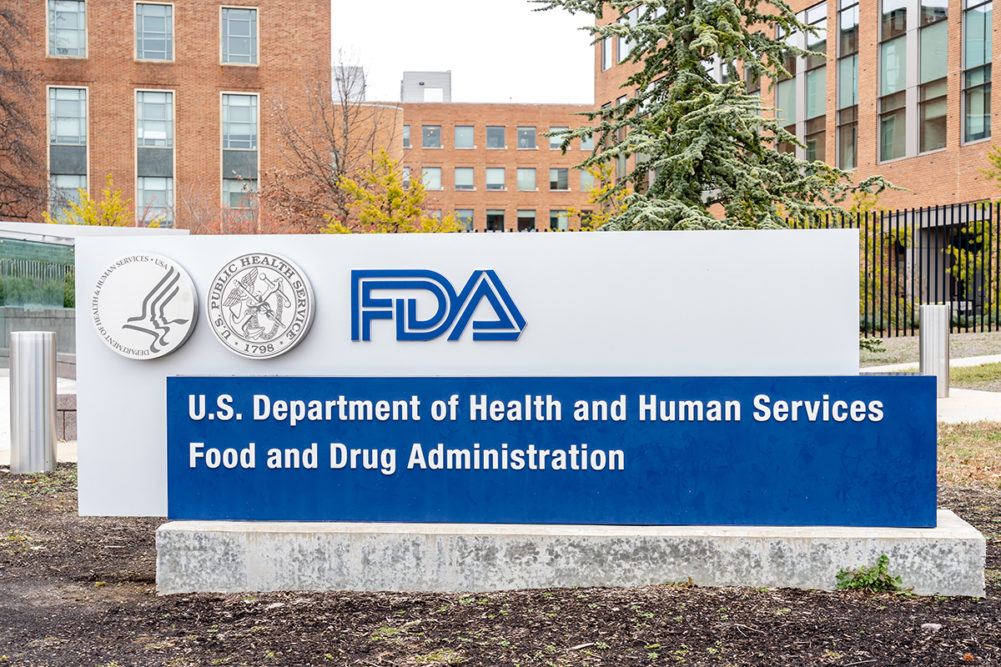The Food Safety Modernization Act (FSMA), signed into law by President Barack Obama in 2011, represents a significant milestone in the United States’ approach to food safety.
With the primary goal of preventing foodborne illnesses and ensuring the safety of the nation’s food supply, FSMA introduced a comprehensive set of regulations and standards. The following are seven key provisions of FSMA.
1. Preventive controls for human and animal food
The cornerstone of FSMA is its emphasis on preventive controls. The act mandates that food facilities implement comprehensive food safety plans that identify potential hazards, implement preventive measures, monitor effectiveness, and establish corrective actions. This proactive approach aims to mitigate risks before they escalate, ensuring the safety of both human and animal food.
2. Inspection and compliance
To enforce the preventive measures outlined in FSMA, the act grants the FDA enhanced inspection and compliance powers. The FDA is empowered to conduct more frequent inspections, focusing on high-risk facilities. Additionally, FSMA introduces a risk-based inspection schedule, allowing the FDA to allocate resources efficiently and target areas of greatest concern.
3. Imported food safety
Recognizing the global nature of the food supply chain, FSMA introduces stringent measures to ensure the safety of imported foods. Importers are now required to verify that their foreign suppliers meet U.S. safety standards. The act also authorizes the FDA to establish a program for accrediting third-party auditors to certify foreign facilities, providing an additional layer of oversight for imported foods.
4. Enhanced response to contamination outbreaks
In the event of a foodborne illness outbreak, FSMA equips the FDA with enhanced tools to respond swiftly and effectively. The agency can now mandate recalls, trace contaminated products more efficiently, and suspend facilities’ registration when necessary. These measures not only protect public health but also hold food producers accountable for the safety of their products.
5. Expanded authority to access records
FSMA grants the FDA expanded authority to access and review records related to food safety. This includes access to the food safety plans implemented by facilities, allowing the FDA to assess the adequacy of preventive measures. By enhancing transparency and accountability, this provision reinforces the preventive focus of FSMA.
6. Whistleblower protection
To encourage reporting of potential violations and unsafe practices, FSMA includes provisions to protect whistleblowers. Individuals who disclose information about violations are shielded from retaliation, fostering a culture of openness and accountability within the food industry.
7. Partnerships and collaboration
Recognizing the need for a collaborative approach to food safety, the FSMA encourages partnerships between the government and various stakeholders. This includes collaboration with state and local authorities, as well as academia and industry. By leveraging collective expertise and resources, FSMA aims to create a more robust and adaptable food safety system.
This article is an excerpt from the February 2024 issue of Supermarket Perimeter. You can read the entire Navigating Change feature and more in the digital edition here.

